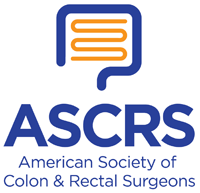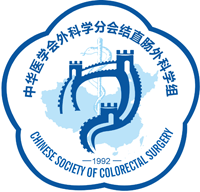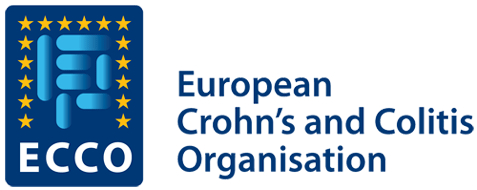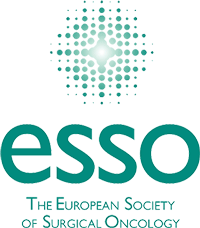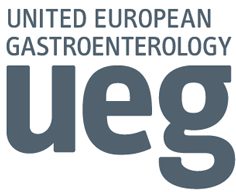 Professor Yves Panis is one of the keynote speakers at this year’s ESPC meeting in Berlin, Germany. He will be will be shedding light on using tailored minimally invasive surgery to treat ulcerative colitis (UC). He will look at the different options available and when to opt for each of them.
Professor Yves Panis is one of the keynote speakers at this year’s ESPC meeting in Berlin, Germany. He will be will be shedding light on using tailored minimally invasive surgery to treat ulcerative colitis (UC). He will look at the different options available and when to opt for each of them.
Professor Panis is Professor of Digestive Surgery at Université Paris VII and is currently Head of the Department of Colorectal Surgery at Beaujon Hospital in France. He is one of the European leaders in colorectal surgery and has a special interest in inflammatory bowel disease (IBD), rectal cancer and laparoscopy.
As well as leading a busy ongoing clinical practice in Beaujon, Professor Panis has authored numerous publications into related topics including ileal pouch anal surgery for Crohn’s disease, impact of surgery in UC on fertility and the impact of leakage after laparoscopic TME.
He has been a regular speaker at recent ESCP meetings - in 2013 in Belgrade he focused on the prevention and complications of ileal pouch-anal anastomosis; in Barcelona in 2014 his session was about short bowel syndrome, and in Dublin in 2015 the topic was bowel preparation before colorectal cancer surgery.
Minimally invasive surgery to treat ulcerative colitis (UC)
At this year’s ESCP meeting time Professor Panis will focus on surgical procedures for UC. This condition is more common in North America and northern Europe with incidences lowest in the southern hemisphere and eastern countries. There are suggestions that environmental factors might be crucial in the triggering of disease onset as it has increased in countries that have adopted an industrialised lifestyle.
In his session Professor Panis will look at the surgical treatment options for UC patients whose condition cannot be effectively treated with medication. Surgery is also a preferred route for those with dysplasia.
The two key options are total proctocolectomy with ileal pouch-anal anastomosis (IPAA), which is the preferred option in the majority of the patients, or total colectomy with ileorectal anastomosis (IRA), which is appropriatein highly selected cases only .
IPAA or IRA?
Professor Panis explains: “We will interrogate when IPAA or IRA options are most preferable depending on the patient’s condition. IPPA has the great advantage over IRA in relation to the potential to cure the disease and prevent colorectal cancer. By comparison, patients with IRA are still exposed to refractory UC on the rectal remnant, and more importantly to rectal cancer. For these reasons, at least 80 to 85% of UC patients undergo IPAA instead of IRA. However, we consider that some highly selected UC patients should undergo IRA in the first instance. For confection of IPAA, we will look at when to adopt three step, two step or one step IPAA.
“We will look at which procedure is appropriate depending on at what stage of the disease you are operating - early or late. We will also look at which surgery is more appropriate for which kind of dysplasia.”
As ever, the key considerations are the quality of life, long and short term functional results and also normal fertility particularly.
“The benefits of the minimally invasive laparoscopic approaches compared to open surgery is well documented in terms of delivering a good quality of life, without significantly reducing fertility rate and also with a lower postoperative morbidity rate than open IPAA,” continues Professor Panis.
The subject matter being covered means that most attendees of the ESCP meeting will find Professor Panis’ session of interest. It will look at when surgery is appropriate depending on the patient’s circumstances and then which procedure is likely to produce the most beneficial results.

